Although there are three separate arms of government, one of the most interesting relationships in a democracy is the one between two of them, that is, between the executive and the legislature. Yes, as political theory teaches, the three main arms of government are the executive, the legislature and the judiciary. And as the doctrine of separation of powers has it, these three arms of government are separate, equal and autonomous in their spheres of authority.
The French scholar Montesquieu postulated that the reason for the theory of separation of power is to ensure liberty by insisting that every institution of government be limited to the core functions assigned to it by the constitution. If that is not done, there is a tendency for one organ to usurp the functions and/or powers of the others and this will inexorably lead to tyranny. For example, if the law giver were to be the interpreter and executor of the same law, then citizens will naturally submit to the arbitrary pleasures of the ruler. To avoid this unsavory situation, the legislature makes the law; the judiciary interprets the law while the executive dispenses the law.
While the doctrine of separation of powers is driven by good intentions, which include the promotion of liberty and reduction of conflicts in the conduct of government as a result of interference, some of its philosophical underpinnings might not be entirely correct. For instance, the business of government is so overlapping that a neat compartmentalization as envisaged by the doctrine of separation of powers may not be achievable. Again, the doctrine seems to assume that government is all about conflict. Yes, conflict is inevitable in the governmental process, but in spite of that, there is also cooperation.
Moving away from the abstract, in the past six years of President Muhammadu Buhari’s government, the most important relationship among the organs of government as it is elsewhere has been that between the executive and the legislative branches. And this relationship has been defined by conflict and cooperation. It is important to understand that the nature of the relationship between the executive and the parliament in any democracy, especially presidential democracy, determines how well a particular government performs.
Let it be stated straightaway that in his first term, President Buhari was rather very unfortunate to face an overly adversarial legislature and it was down to his political naivety and the betrayal within his political party, APC. Whereas in 2015, the All Progressives Congress (APC) produced the President, it also captured the majority in both houses of the National Assembly. The political implication of the situation is that it was assumed that President Buhari would find it easy and smooth to execute his programmes with the majority of his party men and women in the legislature. His bills were therefore expected to be expeditiously passed as there was no chance of what in political science is called the phenomenon of a divided government. Divided government, by the way, is a situation whereby a particular party controls the presidency while a different party controls the legislature.
Yet, by seeming sheer naivety, Buhari walked himself into a divided government. While the President decided not to show any interest in the process of choosing the leadership of the legislature, his party leadership was caught in the hangover mood of over-celebrating its electoral victory. So, while they slept, their enemy struck and stole the jewel in their crown. Wham! Bukola Saraki, a former state governor with executive reflexes, emerged as the Senate President, with Ike Ekweremadu of the opposition PDP, as his deputy. It was not long before the opposition party seized the leadership of the entire National Assembly with the defection of Senator Saraki and Hon. Dogara, the Speaker of the House, to the PDP. The implications of this turn of event for the Buhari presidency and government in general were huge. So, for the entire four years of the first term, President Buhari had to deal with a legislature controlled by a different party with its own agenda. In the end, both the APC-controlled executive and the PDP-controlled legislature largely worked at cross purposes and thus the government under-delivered.
READ ALSO: Ex-SGF, Kingibe, is Nigeria’s Special Envoy to Chad, Lake Chad Basin Region
However, with the 9th Assembly, lessons appear to have been learned by both sides, and indeed all the sides, including the National Assembly. First, President Buhari paid attention this time round and his party, APC, now under a more vibrant leadership of Comrade Adams Oshiomhole, at that intersection, stayed awake until the right leadership emerged in the National Assembly. In fact, the party waded in and ensured that the right thing was done even if it meant persuading some other interested candidates for the position of Senate President and Speaker, to step down so that party supremacy might reign.
Talking of the right leadership, Senator Ahmed Lawan and Hon. Femi Gbajabiamila who were elected as the senate president and speaker of the House respectively fit the bill and looked the part. Both have been in the National Assembly as long as one can remember and come with loads of legislative experience and maturity. Both of them equally understand that the business of the legislature does not connote extreme competition with the executive. Yes, it is not compulsory for the parliament to agree with the executive on every single issue, yet their disagreement must be anchored on patriotism and national interests – not on mere ego tripping.
Although the 9th Assembly leadership has been criticized and even derided by some, especially opposition politicians, as being a mere annex of the executive arm of government, there is an emerging stability in government from June 11, 2019, when it was inaugurated. Thus, issues of urgent national need especially in the area of dealing with insecurity brought to the National Assembly in President Buhari’s second term have been treated expeditiously and timely without flexing unnecessary muscles and without ego. A typical example was the quick approval of $1 billion dollars request, by the Senate to enable the President prosecute the war against insurgency and other security matters. One doubts if this would have been possible in Saraki’s senate where everything was viewed from the prism of partisanship and personal vendetta. Again, requests for confirmation of appointees of Mr President are now treated fairly and in record time even as over-sighting of the executive is no longer an instrument of legislative blackmail.
The result of a more harmonious relationship between the executive and the legislature in this second term of President Buhari is there for even the blind to see. Because government has been running more smoothly, away from the too frequent bickering in the past between the organs, our people are being served more efficiently and effectively by their government. The trains are up and running “to and fro” Abuja and Kaduna even as more rail lines are being developed across the country; more cities and communities are being opened up and linked with new roads and bridges; rural roads along agro-corridors are being constructed to tackle post-harvest losses; and the economy has been pulled out of recession even in the midst of COVID-19 outbreak. In short, when the executive and the legislature cooperate and fight less, the people benefit as the purpose of government is served.
Well, in his second term, there may not be any fight at all because the Presidency and the APC decided to endorse loyal party members as Senate President and Speaker of the House of Representative. At least, a potential area of conflict has been removed from the list of problems. Kudos to the legerdemain of Buhari and the APC then under Oshiomhole at the point of inauguration of the National Assembly.
Ojeifo contributed this piece via ojwonderngr@yahoo.com




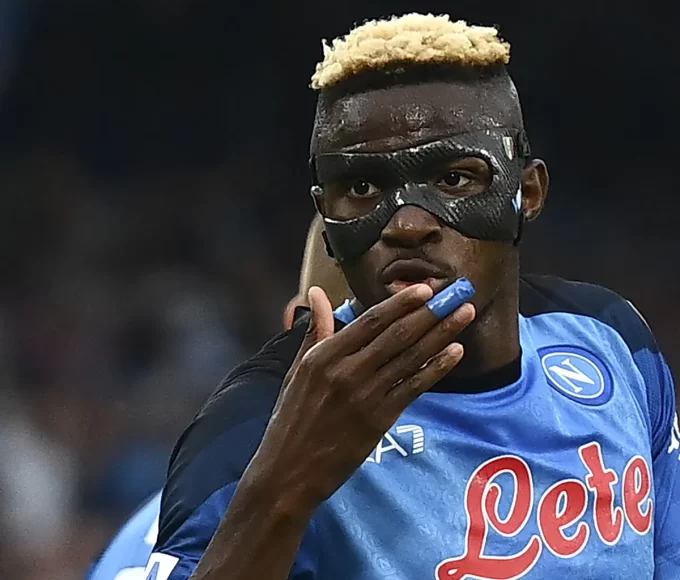


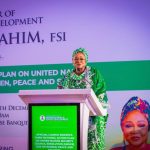
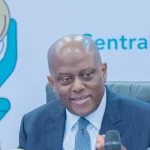
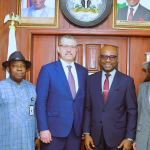
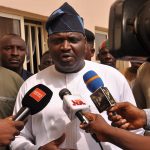
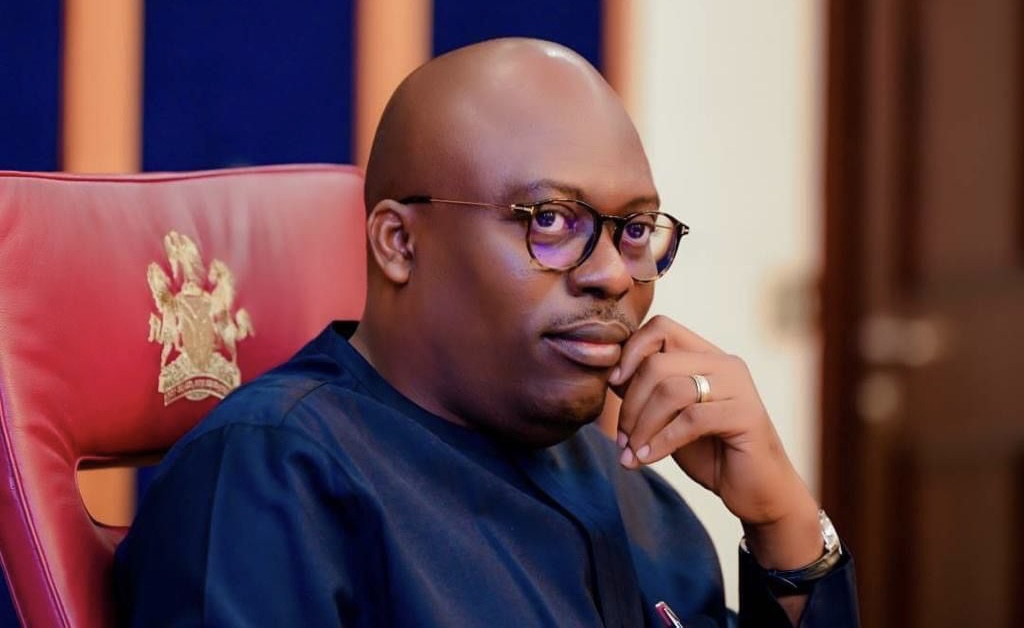
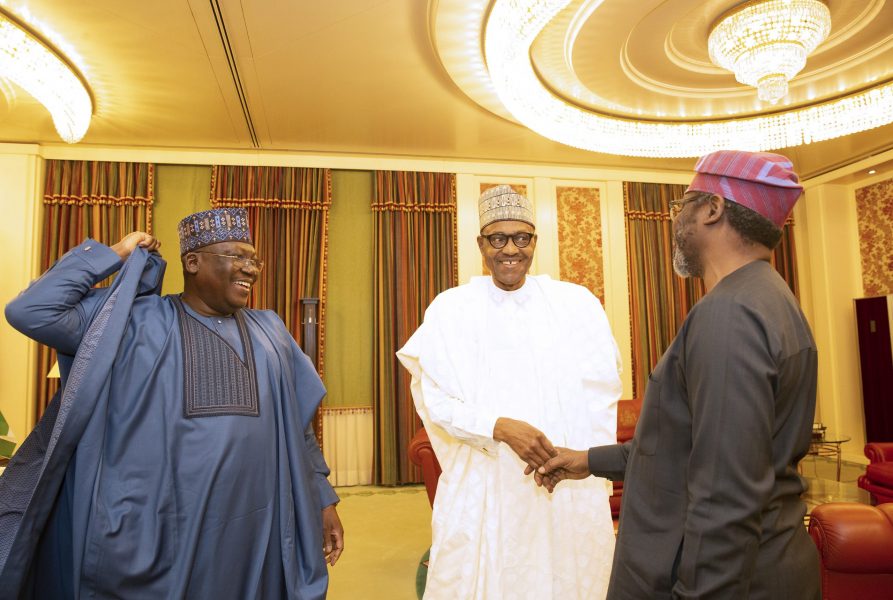

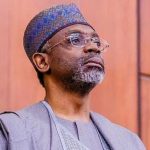
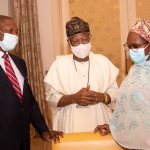


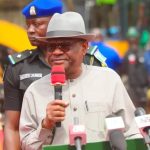

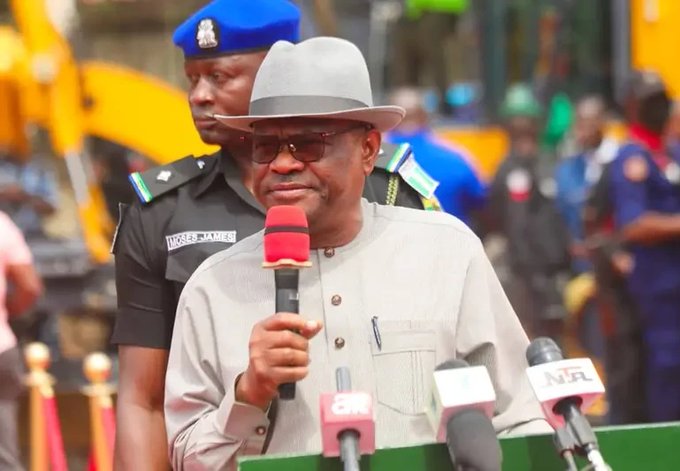
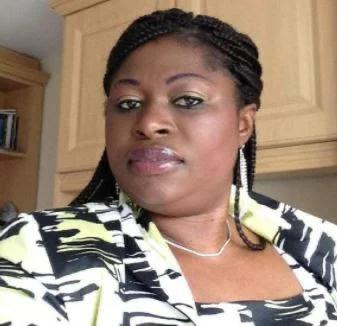
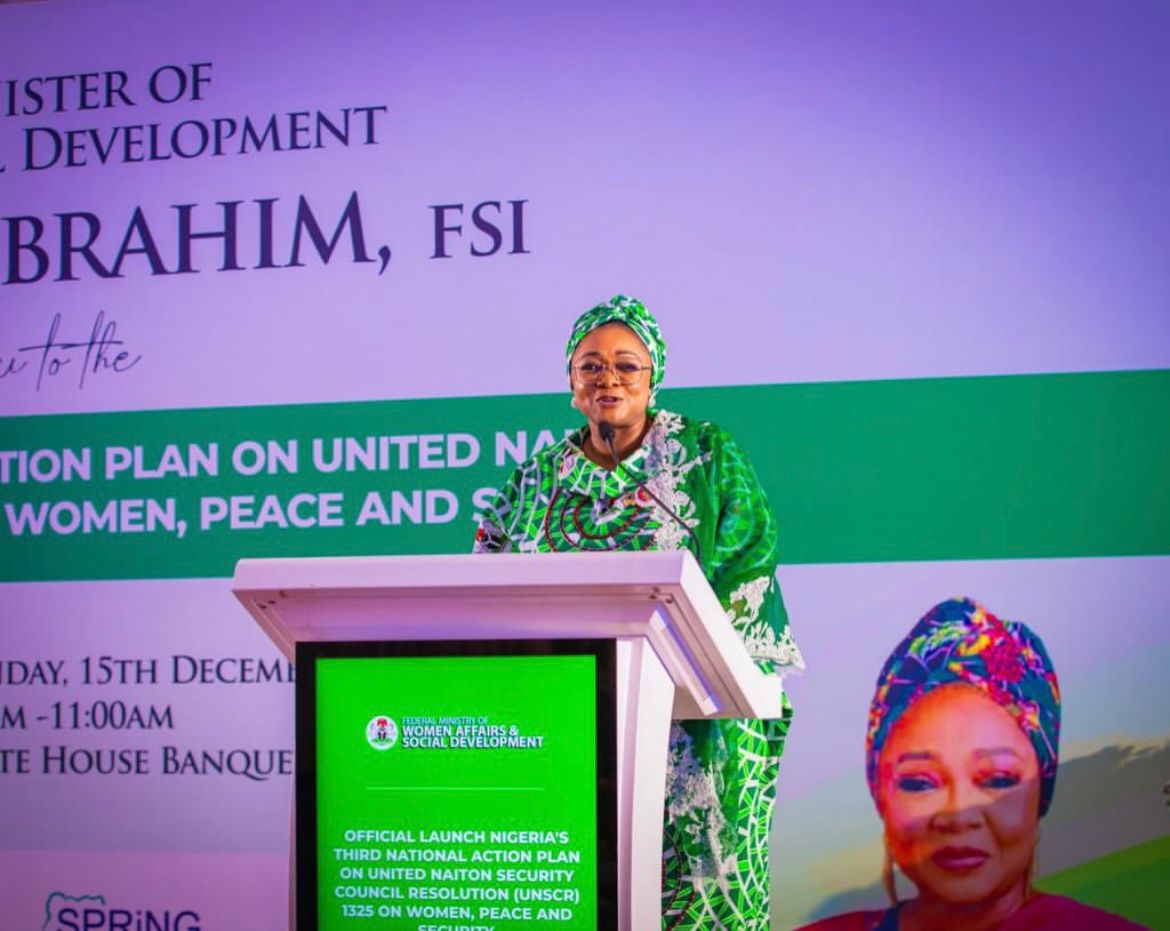
Leave a comment